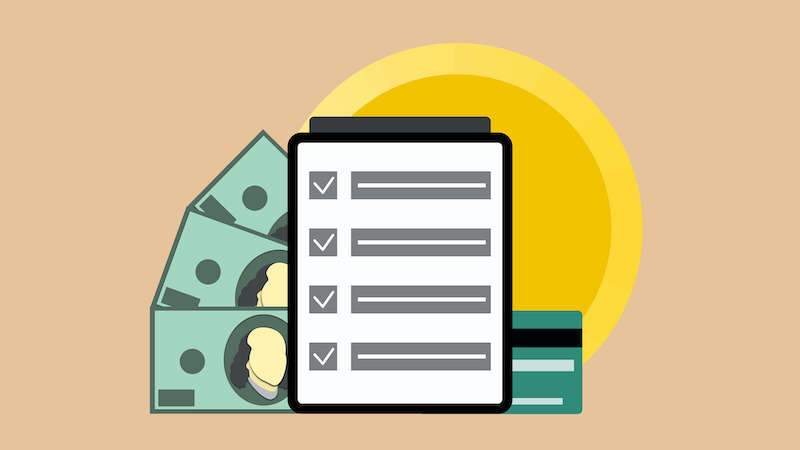The majority of people will take out a mortgage in their lifetime to help them pay for a property. The amount of money that someone is entitled to borrow will depend on many factors, including the following:
- Their salary
- The property value
- Their credit score
What Is a Mortgage?
A mortgage is an agreement between borrowers and lenders in which a property is used as a guarantee for a loan to get money. When the mortgage transaction is made, borrowers receive money and promise to repay the loan. The lender will receive money paid back over time plus interest.

Mortgages can come from banks or other financial institutions and can be used not only to buy a house but also for refinancing existing properties.
How Much Mortgage Can I Afford Based on My Salary?
Generally speaking, the rule is that you can afford a mortgage which is between 2 to 2.5 times your gross income. However, this will largely depend on the individual, their personal circumstances, and the type of mortgage they are taking out.
Many mortgage lenders work on the principle that a mortgage will be 4-4.5 times your salary with some lenders stretching to 5 times or 6 times salary for the right borrower profile.
How Does Credit Score Affect Mortgages?
A credit score is what lenders used to determine whether the borrower is a high-risk or low-risk candidate for a loan. The score is based on spending history, including any borrowing behaviour, and can see whether an individual makes repayments on time and their amount of debt. The higher the credit score, the better someone is as a candidate for a loan.

For individuals with high credit scores, they are more likely to be approved for a loan as they demonstrate that they can meet payments and are careful with money. This may also mean that they qualify for better loan terms including better interest rates and fewer fees.
It is still possible to get a mortgage if you have a poor credit score, however it is usually more difficult and the terms tend to be less favourable.
Can a Bigger Down Payment Lead to a Better Mortgage Rate?
When taking out a mortgage, a borrower will always have to put down some form of down payment, although the exact value will vary between lenders. The idea of a down payment is that it protects the lender as they are not putting up 100% of the property’s value.
The standard down payment for a mortgage is 20% of the property’s value with 80% funded by the lender. However, if a borrower is in the position to put down a higher down payment, this can be beneficial for all parties. Not only does it provide greater protection for the lenders, it means that the borrower will be able to save money in the long term due to increased equity in the property and not needing to pay mortgage insurance premiums.
Does Salary Affect Mortgage Rate?
Salary is an important component of the mortgage equation, but not in isolation. An individual’s salary, in addition to their debt, amount of down payment, and mortgage rate, will all contribute to the final amount of a mortgage.

The majority of lenders will look at a person’s salary relative to the amount of debts they owe. This is what is known as “debt-to-income” ratio. Debt-to-income ratios allow a lender to assess how affordable mortgage repayments are for a borrower.
In general, if a person has a lot of debt, it is a red flag for lenders as it indicates that the borrower owes a lot of money which may take priority in the case of failure of payment. People who have a poorer debt-to-income ratio may struggle to be approved for a loan or may incur higher interest rates or additional fees.
It is not only salary that is important, but employment history. Nearly all lenders will require proof of employment with many specifying a minimum of two years of past employment. Those without an employer, such as self-employed individuals, will need to demonstrate proof of income and may find it more difficult to be approved for a mortgage.
